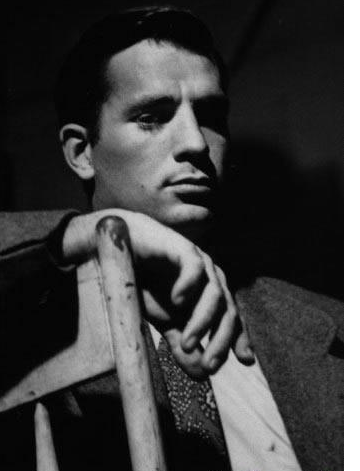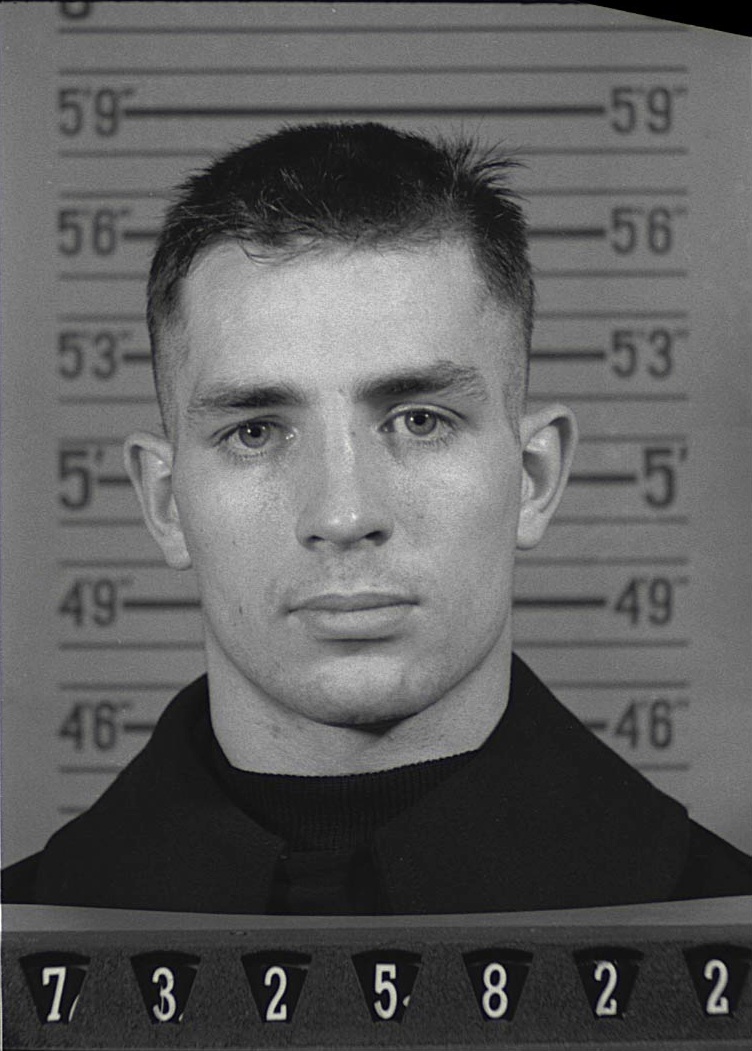
Alicia Freeman and University Discourse: Why Do I Have to Read Bartholomae Again?
When I saw “Inventing the University” by David Bartholomae on the Syllabus, I leaned back into my couch and groaned. I’ve had to read it three times so far in my life of academia, and every time I think he could have shortened it to ten pages and still gotten his point across. And even then, his point is hard to grasp. He seems to criticize the academic institution for expecting students to belong to the university “discourse community” (as Bartholomae calls it) without adequate training and knowledge while he himself writes an article completely immersed in the academic jargon. Thankfully, I read Judith Rodby and Tom Fox’s article, “Basic Work and Material Acts: The Ironies, Discrepancies, and Disjunctures of Basic Writing and Mainstreaming,” first to cleanse that structured, dense piece of academia out of my mouth before I had to try to tackle it again.
It appears that Bartholomae aims to bring attention to incoming students outside of the expected university standards and discourse not to those also on the outside, but fellow academics. As Bartholomae writes in the opening paragraph of his essay, “[a student] has to learn to speak our language, to speak as we do, to try on the peculiar ways of knowing, selecting, evaluating, reporting, concluding, and arguing that define the discourse of our community” (4). By using the word “our,” Bartholomae sets the scenery of an “us versus them” kind of mentality. We, the academics, read the essays of outsiders trying to belong to our community and pass judgment on them. This may be the point – making us, the readers, a member of the discourse community so that we can see how different those outside of it are.
Rodby and Fox’s article also appears to speak to academics who already belong in the university discourse community, but presents a more accessible prose. Though they present their plan for beginning writing students to fellow academics, it feels like they are on the side of the students as well – a more “us with them dynamic,” if you will. As they write towards the beginning of their essay, “[o]ur decision to eliminate basic writing grew from our experience with our students, by a realization that ‘basic’ did not describe the students’ practices, but operated as a construct that supported a remedial economic structure that distributed ‘credit’ unequally” (85). They describe the entering students ignorant about the language of the university discourse community as victims of a “construct that supported a remedial economic structure” – the students see they do not belong in the discourse community and pull away from it, thus making them fail.
Bartholomae, with his sterile analysis of the “inexperienced writer” (Bartholomae 8), presents Rodby and Fox’s construct with his essay. He makes a differentiation between the remedial writer and the “expert writer,” showing with the juxtaposition of “expert” and “inexperienced” that he sees himself and his readers as above the analyzed student writers, looking down on them. As Bartholomae writes, the “inexperienced writer” can only mimic what he thinks an experienced writer is: “[the student] is trying on the discourse even though he doesn’t have a knowledge that makes the discourse more than a routine, a set of conventional rituals and gestures” (Bartholomae 6). By describing the university “discourse” as “a set of conventional rituals and gestures,” Bartholomae himself seems to be validating the idea that the discourse is more a totem, a construct, than a tangible thing.
On the other hand, when Rodby and Fox present students and their ideas, they present them in a classroom, grappling with academic readings, namely bell hooks. Instead of showing these students as below them and analyzing the errors in their thoughts, Rodby and Fox show the students as community members with their teachers, given the opportunity to gain the knowledge Bartholomae feels they lack. Rodby and Fox’s ideas give the students agency, while Bartholomae leaves them floundering, grasping for jargon and skills they do not understand and/or do not possess. Giving the students agency, in Rodby and Fox’s words, proves successful with “students enrolled in the workshop generally pass[ing] the first-year writing course the first time (86%)” (Rodby & Fox 93).
In this way, I appreciate being presented with more than just Bartholomae again to offer perspective to first-year writing students not yet accustomed to university discourse. Rodby and Fox’s essay shows the students as real people with names instead of phantoms writing papers outside the expected discourse community. Rodby and Fox take a proactive approach to the problem Bartholomae suggests – they attempt to solve the problem instead of taking a red pen to their mistakes. As Rodby and Fox write,
“[t]he workshop structure allows students to try on discursive practices of academic writing without fear of being graded, and thus make visible conflicts with texts, teachers, classrooms, assignments, and responses. This visibility allows the program and students to see a broader range of language use and provides us with more opportunities to teach.” (98)
That idea is what us, the readers, the hopeful teachers, should be left with instead of the idea that we are superior to our students as “expert writers.”
